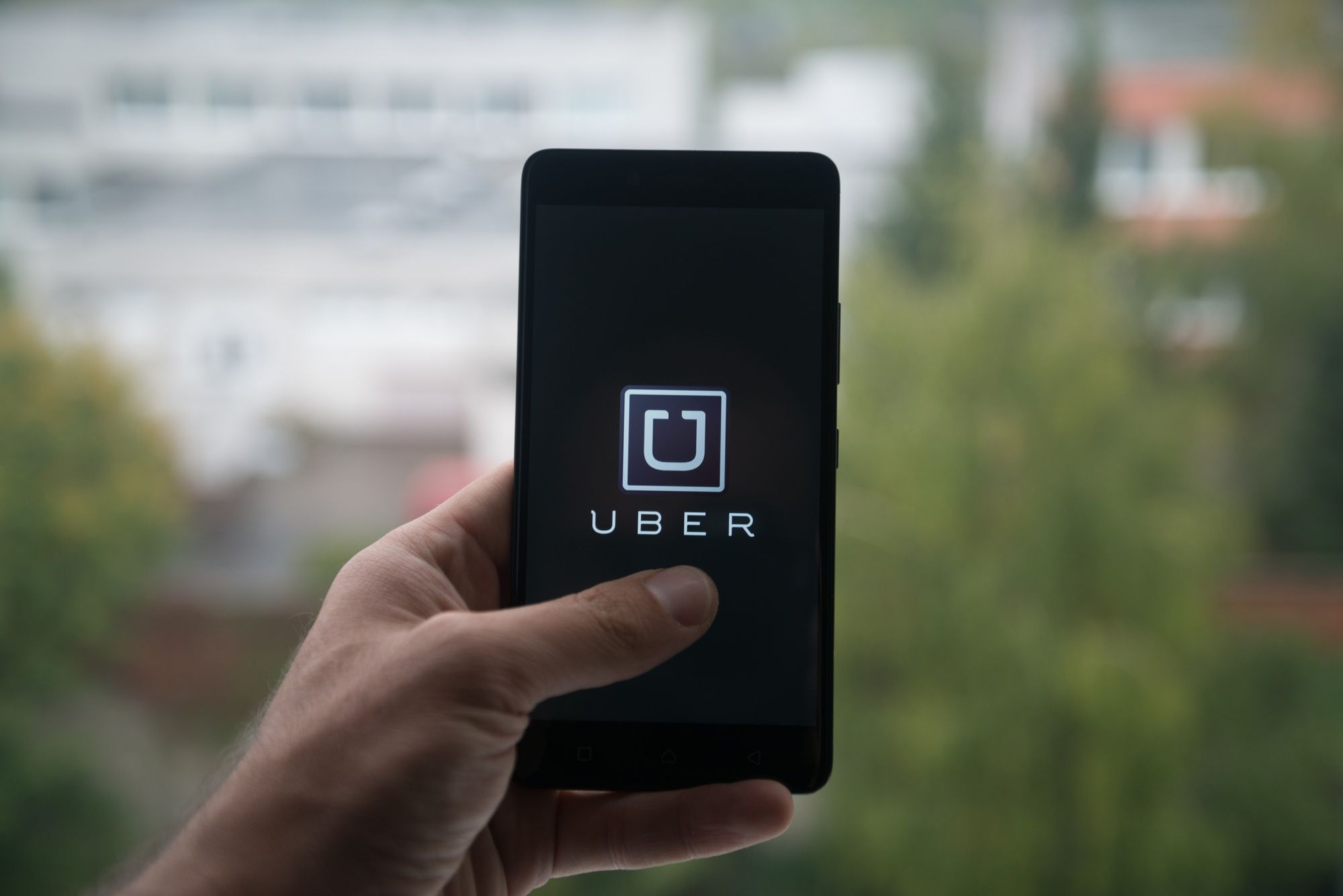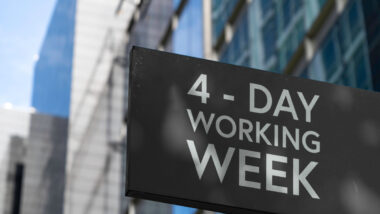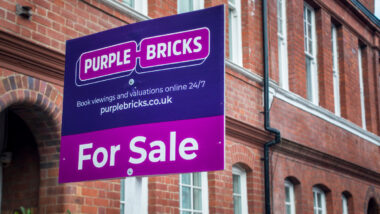Top Class Actions’s website and social media posts use affiliate links. If you make a purchase using such links, we may receive a commission, but it will not result in any additional charges to you. Please review our Affiliate Link Disclosure for more information.

Uber drivers are employees not independent contractors, the British Supreme Court announced in a ruling issued Friday.
The decision means Uber drivers are entitled to basic employment protections such as being paid a minimum wage and accruing paid time off. It remains unclear how long it will take for the ruling to be implemented, if at all, for every Uber driver.
Uber says the Supreme Court ruling only includes its drivers who used the app in 2016. The company has since implemented reforms to its business model “guided by drivers,” an Uber spokesperson told Sky News.
Attorneys representing the claimants say they’ll be fighting to get compensation for all of the drivers in the United Kingdom even though Uber claims the ruling only applies to drivers using the app in 2016, Sky News reports.
Furthermore, the ruling only applies to Uber drivers who brought the case.
What Does This Mean For Uber Drivers in the UK?
Despite the unclear nature of what’s next for the Uber drivers in the United Kingdom, union leaders are heralding the ruling as a historic win for workers, Sky News reports.
Britain’s Supreme Court wrote in its ruling Uber drivers aren’t as free as an independent contractor.
The services these drivers provide are “tightly defined and controlled” by Uber, according to the ruling.
Drivers are “in a position of subordination and dependency to Uber, such that they have little or no ability to improve their position through professional or entrepreneurial skills,” the Justices said in the ruling.
The battle over how to classify Uber drivers in the United Kingdom has been years in the making following a tribunal ruling in 2016.
Those tribunals found Uber was unlawfully classifying drivers.
As a result of the tribunal findings, London transportation officials revoked Uber’s ability to operate in the city in 2017 and again in 2019, UPI reports.
After a series of appeals, the case was brought to the Supreme Court in July 2020.
Uber Challenges Worldwide
Britain isn’t the only government pushing back against Uber.
A voter-approved law to classify Uber drivers as employees in California passed in 2019 but was later reversed. Voters a year later approved Proposition 22 which exempted app drivers from an employment classification.
Uber drivers have since challenged California’s new law. Last month, a class action lawsuit was filed to have Uber drivers classified as employees.
United Kingdom union leaders and claimants in the Uber classification fight say something has to be done.
“If Uber wins, there will be an unseemly rush by greedy employers to collapse employment as we know it and Uber-ize the entire economy,” App Drivers & Couriers Union President Yaseen Aslam told Sky News.
Do you drive for Uber? What do you think of the Supreme Court ruling? Let us know in the comments below.
ATTORNEY ADVERTISING
Top Class Actions is a Proud Member of the American Bar Association
LEGAL INFORMATION IS NOT LEGAL ADVICE
Top Class Actions Legal Statement
©2008 – 2024 Top Class Actions® LLC
Various Trademarks held by their respective owners
This website is not intended for viewing or usage by European Union citizens.














